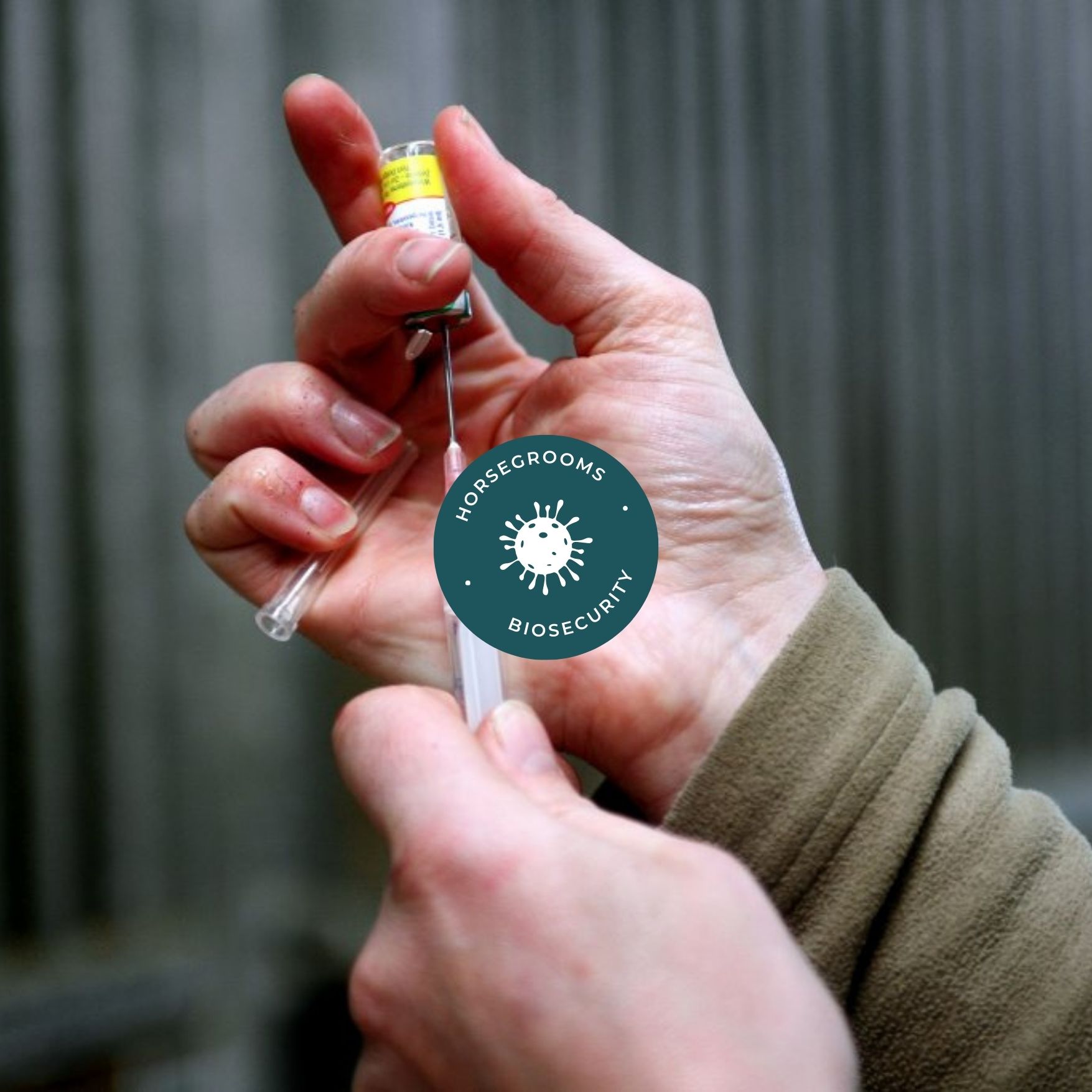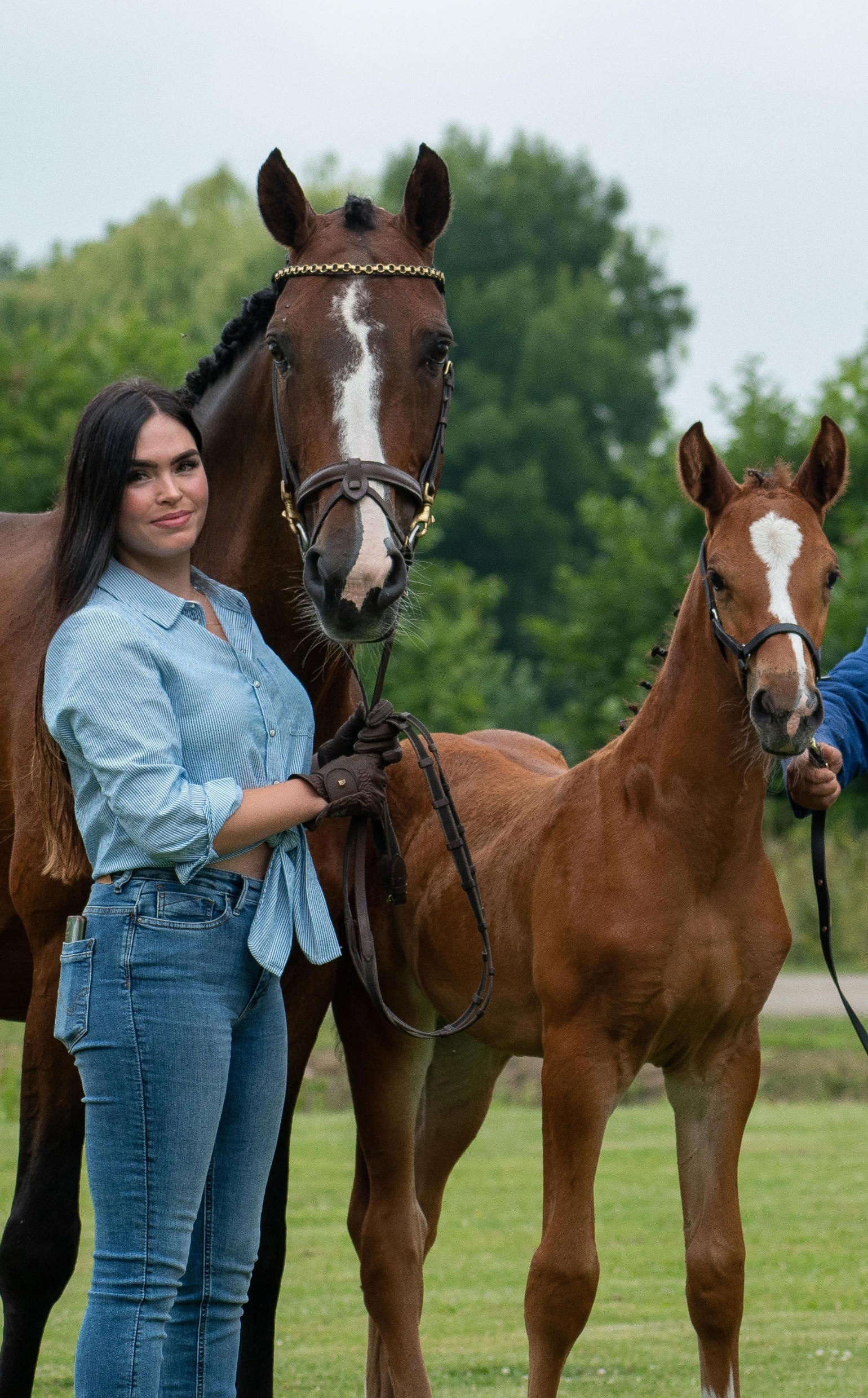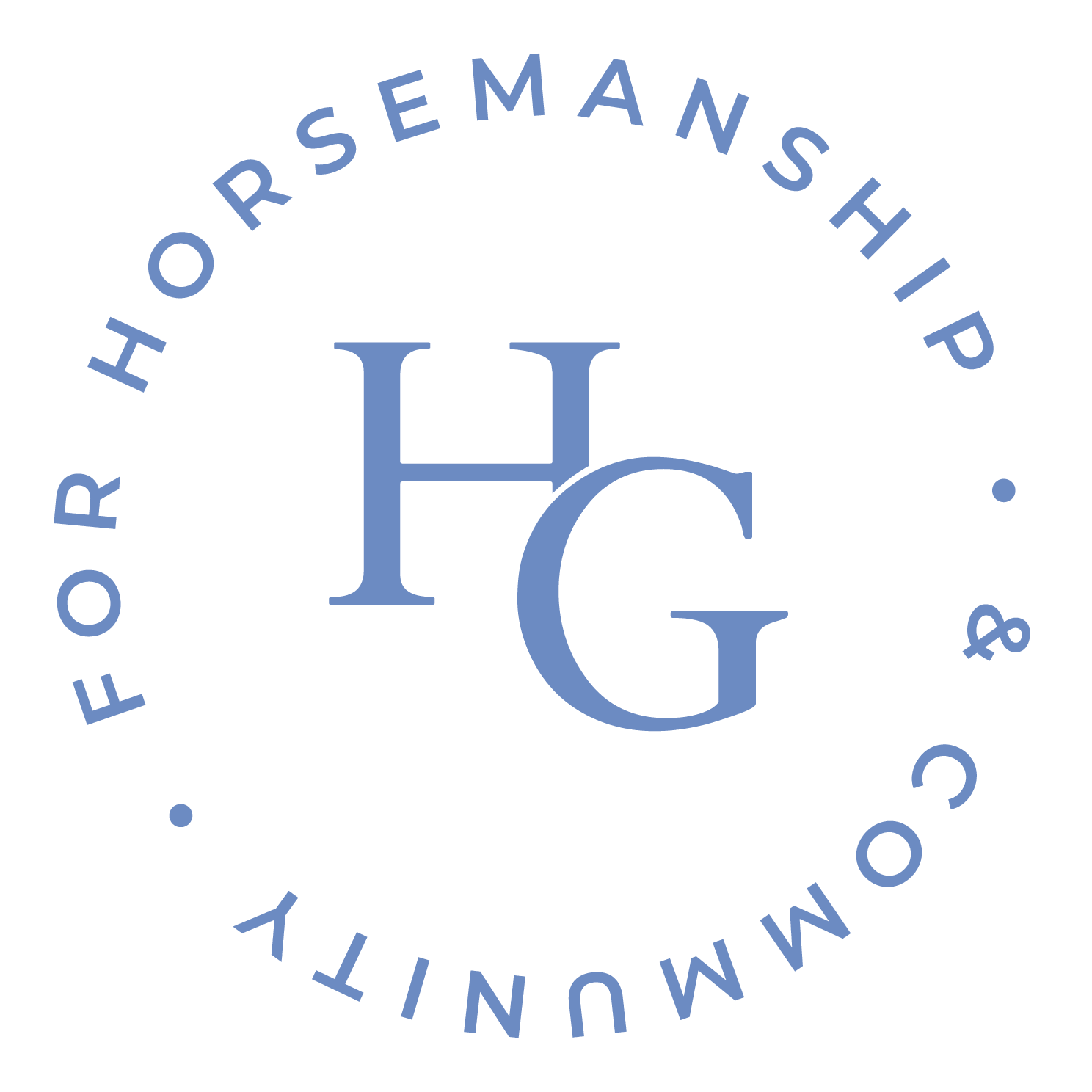Over the past few years, vaccines have become an increasingly hot topic all around the globe. While perhaps a rather novel subject to many, the equestrian community has its fair share of experience with all kinds of vaccinations. Equine, obviously. Some have been mandatory for many years already, while others have been imposed more recently following heart-wrenching outbreaks of viral infections at international horse shows.
Good biosecurity is crucial for everyone involved in equestrian sports. Especially given the globalization that has affected not only horse trade but also the movement of horses for international competitions. Biosecurity consists of some simple measures and protocols designed to minimize the exposure and reduce the risk of transmission. It is therefore important to strictly adhere to the health measures put in place by the national host federation or government and the FEI regulations in case of an international show. A key instrument in safeguarding the health of our horses is vaccines.
The tricky element to vaccinations and the subsequent rules surrounding them is that in certain instances the FEI and the national federation differ, and such is the case for equine influenza and Equine Herpes Virus. On the HorseGrooms Insiders, we create an educational course for you to learn the ins and outs of the vaccination rules. We will cover the FEI rules and the differences between countries. We will break down each country’s requirements for equine influenza into a concise chart so that you can easily jump to your destination’s section and check that you’ve adhered to the mandatory vaccinations. In addition, we will detail the necessary components to keeping accurate records so that you can compete.

Don’t miss this one-of-a-kind, thorough resource.
In honor of HorseGrooms’ Biosecurity Week, we delved into the confusing world of vaccination regulations. This thorough examination is so singular as Aline van der Waaij consolidates different national federation rules into one place. This article gets updated every year according to the latest rules and requirements. Sign up for the HorseGrooms Insiders and let the learning begin with “No Vaccination? No Horse Show! Your Guide to Vaccination Guidelines.”
During my time at business university, I started working as a freelance equestrian journalist. Nowadays, I jokingly refer to it as my impassioned side quest which has grown from writing articles to organising auctions, being a press officer at major shows, providing livestream commentary, and more.
I currently run my own business consultancy company, and my father and I founded a small stud farm called Eickenrode Sporthorses. A life without horses has become unimaginable and, in my book, true happiness is described as a foal frolicking in a sunny, lush pasture.
When learning of the HorseGrooms initiative, I immediately loved the idea of connecting similarly minded people from all over the globe. Some questions are not asked or answered elsewhere. So why not build a platform to share these thoughts, ideas, and information!


